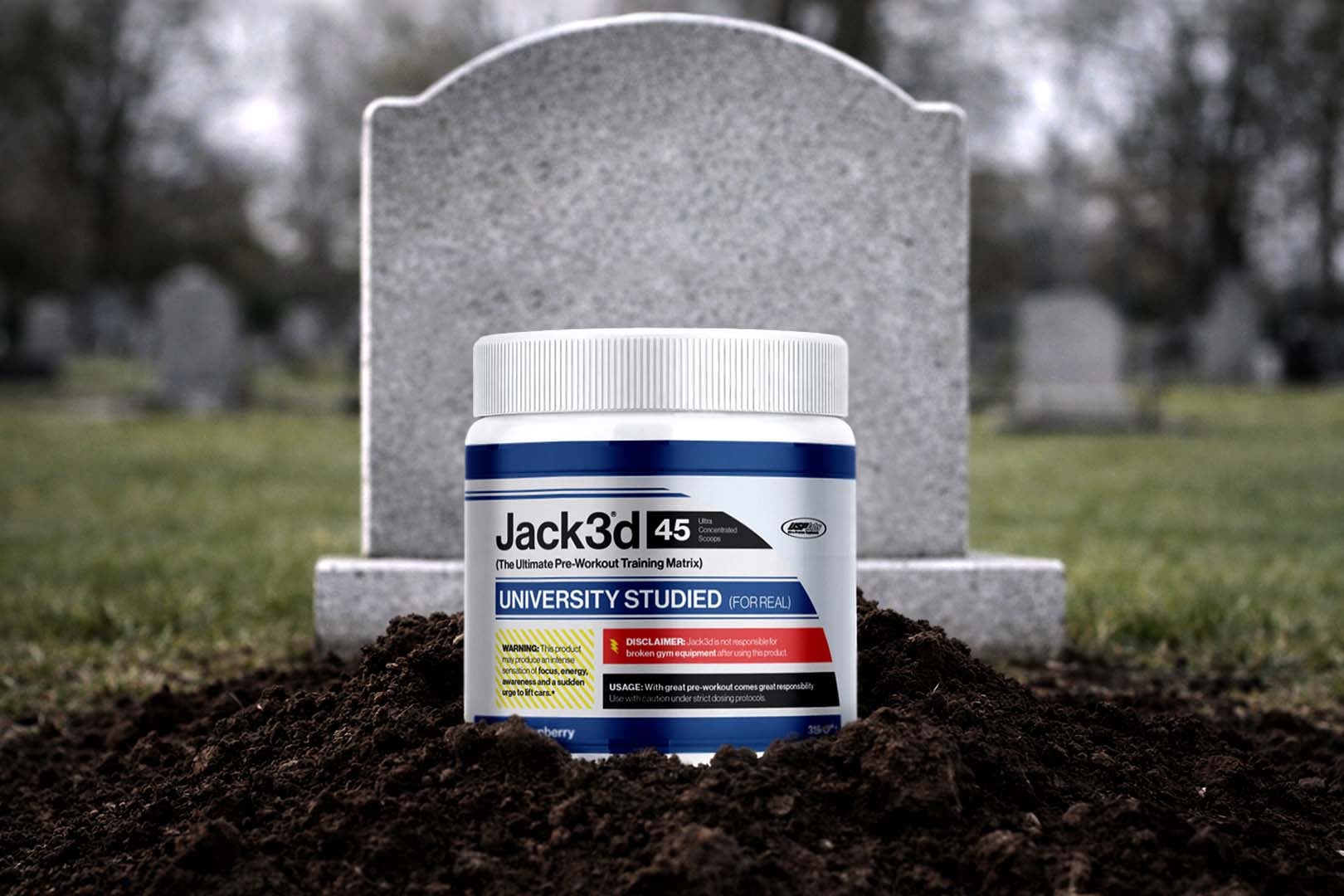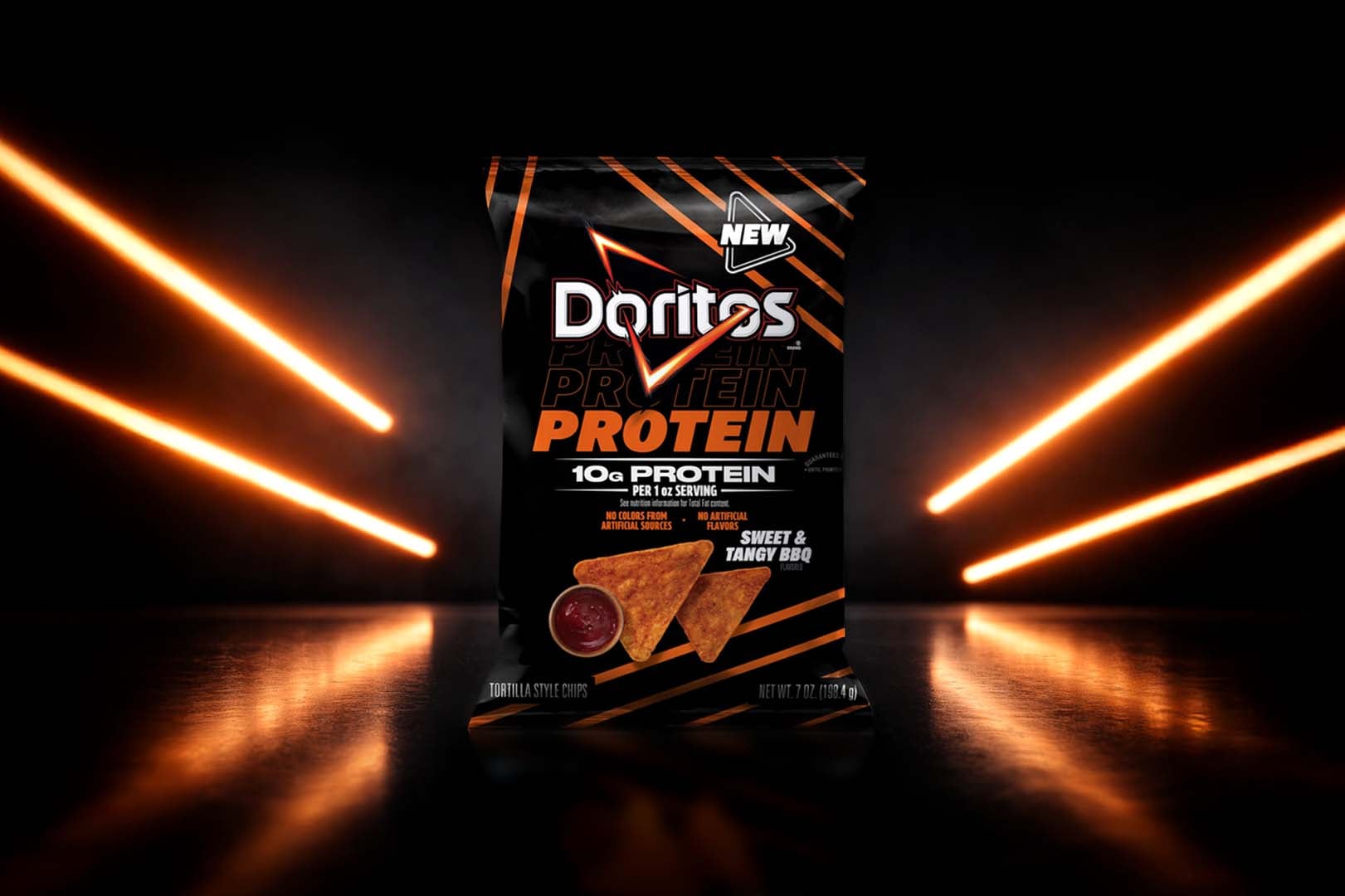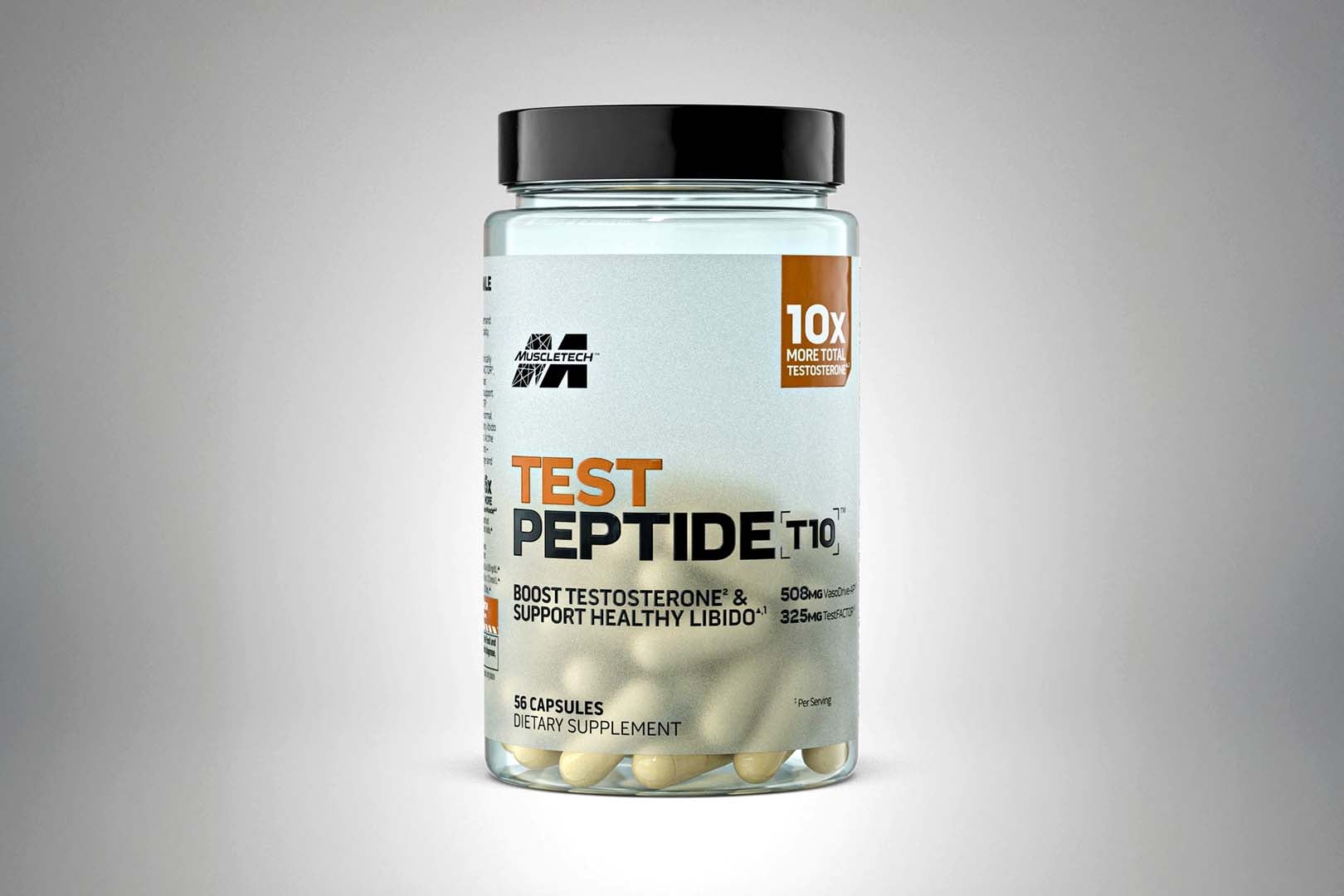Noopept
It’s not unusual to find a dietary supplement that includes ingredients which the FDA frowns upon. While this usually involved illegal anabolics in years past, with the push for powerful nootropics lately, it now means we’re seeing non-natural/synthetic entrants into that category as well.
One of the most popular of these “banned” nootropics is known as noopept (n-phenylacetyl-l-prolyglycine ethyl ester). It’s a crowd favorite for its intense brain enhancing properties, but as the FDA continues to knock on manufacturers door for selling this product, availability will continue to dwindle.
What it does
Although research levels are relatively low in comparison to more commonly seen ingredients, noopept has ample scholarly evidence along with a plethora of anecdotal reports that show it can be a powerful nootropic capable of providing a neuroprotective effect and prevention of cognitive decline[1], a way to treat cognitive impairment[2], along with enhanced focus & attention.
How it works
Noopept’s theoretical mechanism of action is humans lies in its ability to prevent free radicals and certain pro-inflammatory cytokines from accumulating within brain cells.
Additionally, it may also stimulate AMPA and NMDA receptors in the brain which have been closely associated with both memory and cognitive function.
Dosing
Only anecdotal reports exist for the suggested dosing on noopept. It is generally advised to stick to a maximum daily dose of 30mg, with dosing either occurring via a single bolus dose or split between morning and afternoon.





